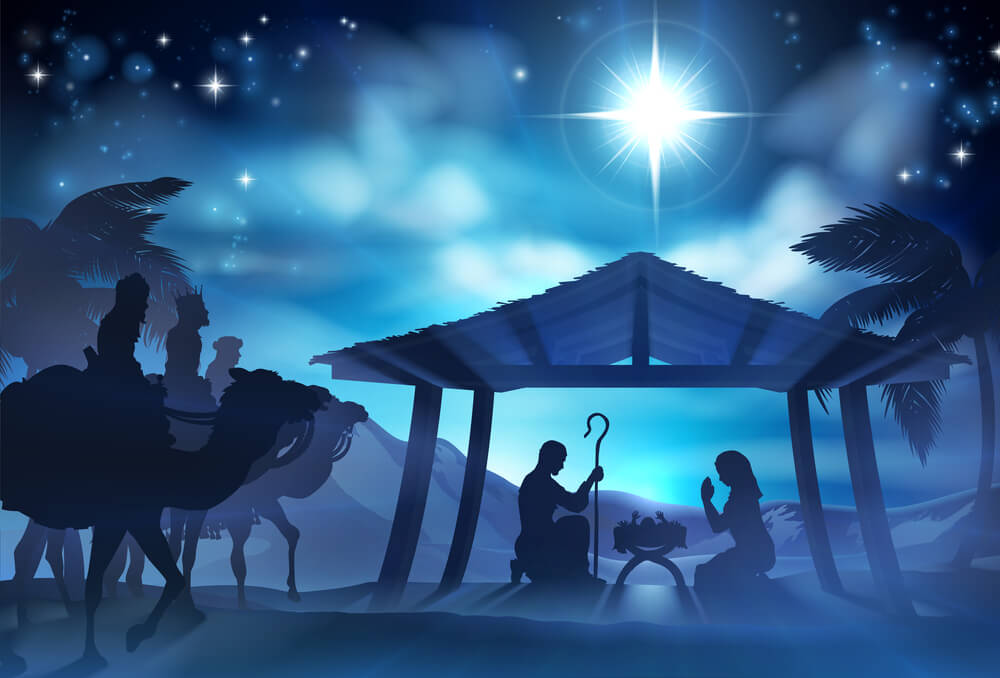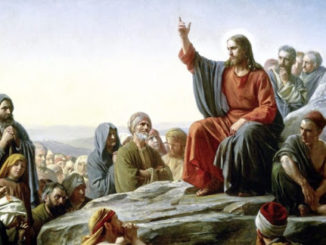Is 60: 1-6; Eph 3:2-3, 5-6; Matthew 2:1-12

Today’s feast reminds us that Jesus came into the world not only for the benefit of his own people, but to be the messiah and saviour of all peoples of the earth. Just as the wise men, the first worshippers came to Bethlehem to do him homage, we too assemble in this church to do him homage and to be nourished by him.
Adaeze is another name for the Rose flower. She grew in a lovely walled garden in the company of other thousands of roses, all red like herself. She was told, it was a great privilege to have been born into the red rose clan. High standards were expected of her and she had to obey lots of rules. One of the rules forbade her to over attempt climbing over the garden wall.
But as she grew older, she began to ask herself what lay on the other side of the wall. One day, overcome by curiosity, she climbed the wall and took a peep over. What did she see? She saw another walled garden similar to her own and in it grew several other roses similar to herself except in colour, some were pink, some white, some yellow.
She was shocked. After all, she has been told that there was only one rose, the red rose. But then an elder of the clan said to her, “forget those flowers on the other side of the wall, they don’t belong to our clan. Remember this “the only true rose is the red rose”. But try as she can, she couldn’t forget them. So, another day, she climbed the wall again and began to chat with a pink rose on the other side. He good example caught on. More and more roses on the other side began to meet and talk across the wall.
Slowly, a great transformation took place. Having acknowledged each other’s existence, the roses gradually came to accept their differences. And although the thick wall continues to stand between them, they learned to communicate and relate despite its presence. In time, they came to realize and accept that they belong to one large family, “the rose family”, a family of great variety and beauty.
In today’s Gospel, we have Matthew’s story of the Magi, pagan astrologers, who searched and found Christ-child and gave him gifts. In writing his Gospel towards the end of the first century, Matthew was aware that Judaism had rejected Christ, while many pagans and strangers had accepted and loved him. The feast of the epiphany is a revolutionary feast. Christ came not for a select few, but for all peoples regardless of race or descent. He broke down the great barriers that existed between the Jews and Gentiles. In fact, all the barriers of tribe, clan, kingship, race, creed are transcended by the message of Jesus, the Universal brother.
The feast of epiphany brings all people together. All now share the same inheritance. They are now part of the same body, the body of Christ. However, these barriers have not all disappeared. Wherever we go, we see divisions of all kinds. There are barriers and divisions along tribal, racial, religious, ethnic, national, social lines. All these divisions are reflections of our separation from God.
Christ came to reconcile all people. We are all invited into the ministry of reconciliation. We are called to become bridge builders along all divides. We are called to heal all wounds. Talking across the fence is very important. The church is a place where all barriers fall down. It is a tent where there is room for everyone. We should start reflecting this by talking to people and making friends across the normal comfortable zones to reach out to people who may be different from us.




Be the first to comment